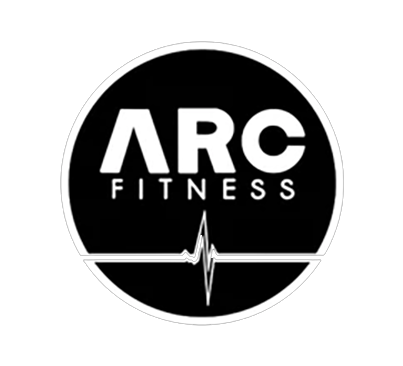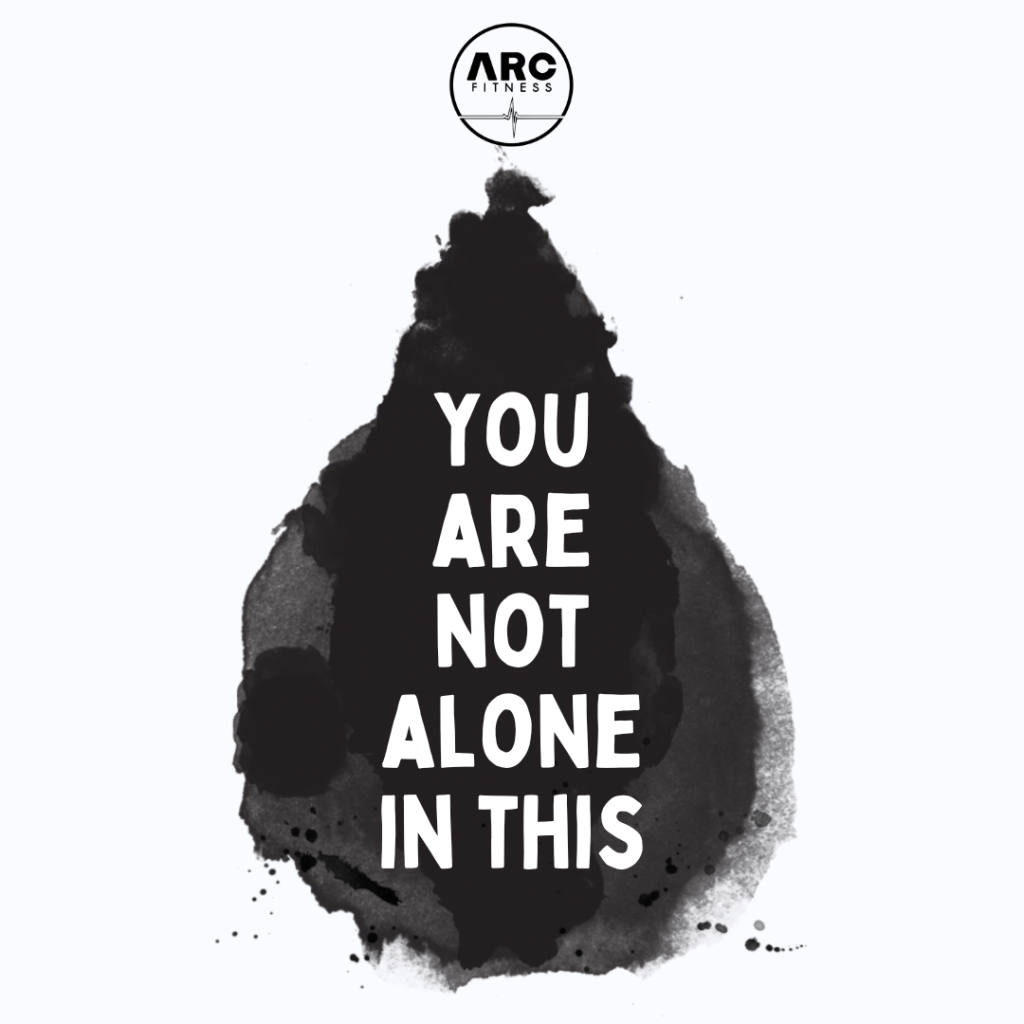No products in the basket.
Arc Fitness
The Importance of Aftercare in Addiction Recovery
The road to recovery from addiction can be challenging and complex, requiring ongoing support and commitment. While completing a treatment program marks an important milestone, the journey toward sustained sobriety doesn’t end there. Aftercare, also known as continuing care or post-treatment support, plays a vital role in addiction recovery. It provides individuals with the tools, resources, and support they need to navigate the ups and downs of life after treatment, reducing the risk of relapse and promoting long-term success.
Understanding Addiction Recovery
Recovering from addiction is a process that goes beyond the initial detoxification and treatment phase. Addiction affects various aspects of a person’s life, including their physical, emotional, and social well-being. True recovery involves addressing the underlying causes of addiction, developing coping skills, and building a fulfilling life without substances.
The Role of Aftercare in the Recovery Process
Continuing Support and Accountability
Aftercare programs offer ongoing support and accountability to individuals in recovery. They provide a safe space where individuals can share their challenges, victories, and experiences with others who have gone through similar journeys. Regular group meetings or individual counselling sessions allow individuals to stay connected to a recovery-oriented community, fostering a sense of belonging and reducing feelings of isolation.
Relapse Prevention Strategies
Relapse is a common concern during the recovery process. Aftercare programs focus on equipping individuals with effective relapse prevention strategies. These strategies include identifying triggers and high-risk situations, developing healthy coping mechanisms, and creating personalized relapse prevention plans. By arming individuals with these skills, aftercare programs empower them to navigate potential pitfalls and make healthier choices.
Rebuilding Life Skills and Relationships
Addiction can erode essential life skills and strain relationships with loved ones. Aftercare programs help individuals rebuild and strengthen these areas. They may provide workshops or individual sessions focused on life skills development, such as communication, problem-solving, and stress management. Additionally, aftercare programs offer guidance on rebuilding healthy relationships and fostering a supportive network of friends and family.
Types of Aftercare Programs
Aftercare programs come in various forms, each tailored to meet different needs and preferences. Some common types of aftercare programs include:
Outpatient Counseling
Outpatient counselling allows individuals to continue therapy sessions on an ongoing basis while living at home. These sessions may be conducted individually or in group settings and provide a space for individuals to discuss their progress, challenges, and goals with a professional counsellor.
Support Groups
Support groups, such as Alcoholics Anonymous (AA) or Narcotics Anonymous (NA), provide a supportive community of individuals in recovery. These groups follow a 12-step program and offer regular meetings where participants can share their experiences and receive support from peers who understand the challenges they face.
Sober Living Homes
Sober living homes offer a structured and substance-free living environment for individuals transitioning from a treatment facility back to their regular lives. These homes provide a supportive community and enforce rules that promote sobriety and personal growth.
Aftercare Planning
Aftercare planning involves working with professionals to create a personalized aftercare plan based on individual needs and circumstances. This plan may include a combination of outpatient counselling, support groups, vocational training, educational programs, and other resources that support long-term recovery.
Benefits of Aftercare in Addiction Recovery
Sustained Sobriety
One of the primary benefits of aftercare is the increased likelihood of sustained sobriety. By providing ongoing support, resources, and strategies, aftercare programs help individuals stay focused on their recovery goals and navigate challenges without turning to substances.
Emotional and Mental Well-being
Addiction often co-occurs with mental health issues such as anxiety, depression, or trauma. Aftercare programs address these underlying issues through counselling, therapy, and support groups. By promoting emotional and mental well-being, aftercare helps individuals develop healthier coping mechanisms and improve their overall quality of life.
Reduced Risk of Relapse
Aftercare programs play a crucial role in reducing the risk of relapse. By equipping individuals with relapse prevention strategies, ongoing support, and a network of peers, aftercare programs provide a safety net during challenging times, reducing the likelihood of returning to substance use.
Community and Peer Support
Addiction recovery can feel isolating, but aftercare programs provide a sense of community and peer support. The connections made in aftercare settings foster understanding, empathy, and encouragement. Having a network of individuals who have faced similar struggles can be incredibly empowering and motivating.
Personal Growth and Development
Aftercare programs promote personal growth and development by focusing on rebuilding life skills, improving self-esteem, and fostering a sense of purpose. These programs help individuals discover new passions, explore healthy hobbies, and set goals for their future, empowering them to create a fulfilling life in recovery.
How to Choose the Right Aftercare Program
When selecting an aftercare program, it’s essential to consider individual needs, preferences, and available resources. Here are some factors to consider:
Assessing Individual Needs
Evaluate what type of support and resources would be most beneficial based on personal circumstances, such as the severity of addiction, mental health considerations, and available social support.
Researching Available Options
Research different aftercare programs and providers in your area or online. Look for programs that align with your specific needs and recovery goals.
Evaluating Program Effectiveness
Review the success rates and testimonials of the programs you are considering. Assess whether they have a track record of helping individuals achieve long-term recovery.
Considering Personal Preferences and Resources
Consider factors such as location, cost, program duration, and program flexibility. Choose a program that fits within your lifestyle and available resources.
Implementing Aftercare into the Recovery Journey
To make the most of aftercare, individuals should actively incorporate it into their recovery journey. Here are some tips:
Establishing a Support System
Build a strong support system by attending support group meetings, connecting with peers in recovery, and maintaining open communication with family and friends who support your sobriety.
Setting Realistic Goals
Set realistic goals for your recovery journey, whether they are related to personal growth, career development, or relationships. Break these goals down into smaller, achievable steps to maintain motivation and track progress.
Creating a Structured Routine
Develop a structured routine that incorporates healthy habits, self-care activities, therapy sessions, support group meetings, and any other elements of your aftercare program. A structured routine provides stability and helps prevent relapse.
Engaging in Healthy Coping Mechanisms
Practice healthy coping mechanisms, such as exercise, mindfulness, creative outlets, or journaling, to manage stress, cravings, and difficult emotions. Find activities that bring you joy and promote well-being.
Conclusion
Aftercare is a critical component of addiction recovery that should not be overlooked. It provides ongoing support, resources, and accountability to individuals after completing a treatment program. By engaging in aftercare programs, individuals can increase their chances of sustained sobriety, enhance their emotional well-being, reduce the risk of relapse, and experience personal growth. Remember, the journey to recovery is not a solo endeavour. With the right aftercare in place, individuals can thrive and build a fulfilling life free from addiction.
FAQs
FAQ 1: How long should aftercare last?
Aftercare can vary in duration depending on individual needs and circumstances. It may last several months to a few years, to provide ongoing support during the early stages of recovery.
FAQ 2: Can aftercare be beneficial for all types of addictions?
Yes, aftercare can be beneficial for individuals recovering from various types of addictions, including substance abuse, alcoholism, gambling addiction, and more. The principles of aftercare, such as ongoing support and relapse prevention, are applicable across different addictions.
FAQ 3: What if I don’t have access to aftercare programs in my area?
If you don’t have access to local aftercare programs, consider exploring online resources, virtual support groups, or teletherapy options. Many organizations now offer remote support to reach individuals who cannot access in-person services.
FAQ 4: Is aftercare only necessary immediately after completing a treatment program?
Aftercare is most crucial in the early stages of recovery but can be beneficial at any point in the journey. Even individuals who have been in recovery for a longer period can benefit from ongoing support, relapse prevention strategies, and community connection.
FAQ 5: Can aftercare help with co-occurring mental health issues?
Yes, aftercare programs often address co-occurring mental health issues through counselling, therapy, and support groups. By providing comprehensive support, aftercare programs can assist individuals in managing both addiction and mental health concerns effectively.

